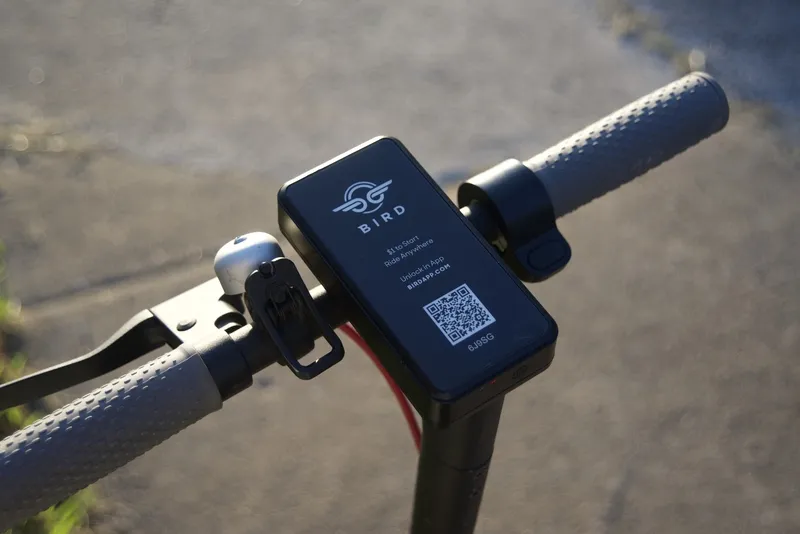Executives from
With Hyperloop One, passengers and cargo are loaded into a pod and accelerated gradually via electric propulsion through a low-pressure tube. The pod quickly lifts above the track using magnetic levitation and glides at airline speeds for long distances due to ultra-low aerodynamic drag. It is designed for higher energy efficiency per passenger mile than traditional modes of transport, curbing emissions and fuel consumption. By the end of 2017, Hyperloop One aims to have a team of 500 employees dedicated to bringing the technology to life.
Nine potential European routes were unveiled for the Hyperloop One Global Challenge at the event. The proposed routes will connect over 75 million people in 44 cities, spanning 5,000 kilometres. They were presented as part of the all-day summit that included a panel discussion around the economic advantages of Hyperloop and a keynote address from Dutch Minister of Infrastructure and the Environment, Melanie Schultz van Haegen.
The Hyperloop One Global Challenge kicked off in May 2016 as an open call to individuals, universities, companies and governments to develop comprehensive proposals for deploying Hyperloop One's transport technology in their region. Nine European proposals have advanced to the semi-final round of the Hyperloop One Global Challenge of more than 2,600 participants' initial submissions.
Proposed routes include Germany, Estonia-Finland, Spain-Morocco, Corsica-Sardinia, The Netherlands, Poland, UK Scotland-Wales, UK Northern Arc and UK North-South Connector.
According to Rob Lloyd, chief executive officer of Hyperloop One, Hyperloop One technology is complementary to existing highways, rails, ports and overall infrastructure. He claims, "Hyperloop One will offer Europe's transport grid with an option that is more efficient, greener, on-demand and faster. We've seen a lot of interest here, and we look forward to creating a partnership to enhance the continent's transport infrastructure."
Hyperloop One unveils nine routes across Europe as part of its Global Challenge
Executives from Hyperloop One joined European dignitaries and policymakers in Amsterdam, Holland today at its Vision for Europe summit to discuss transforming transportation across the continent with Hyperloop.
June 6, 2017
Read time: 2 mins









